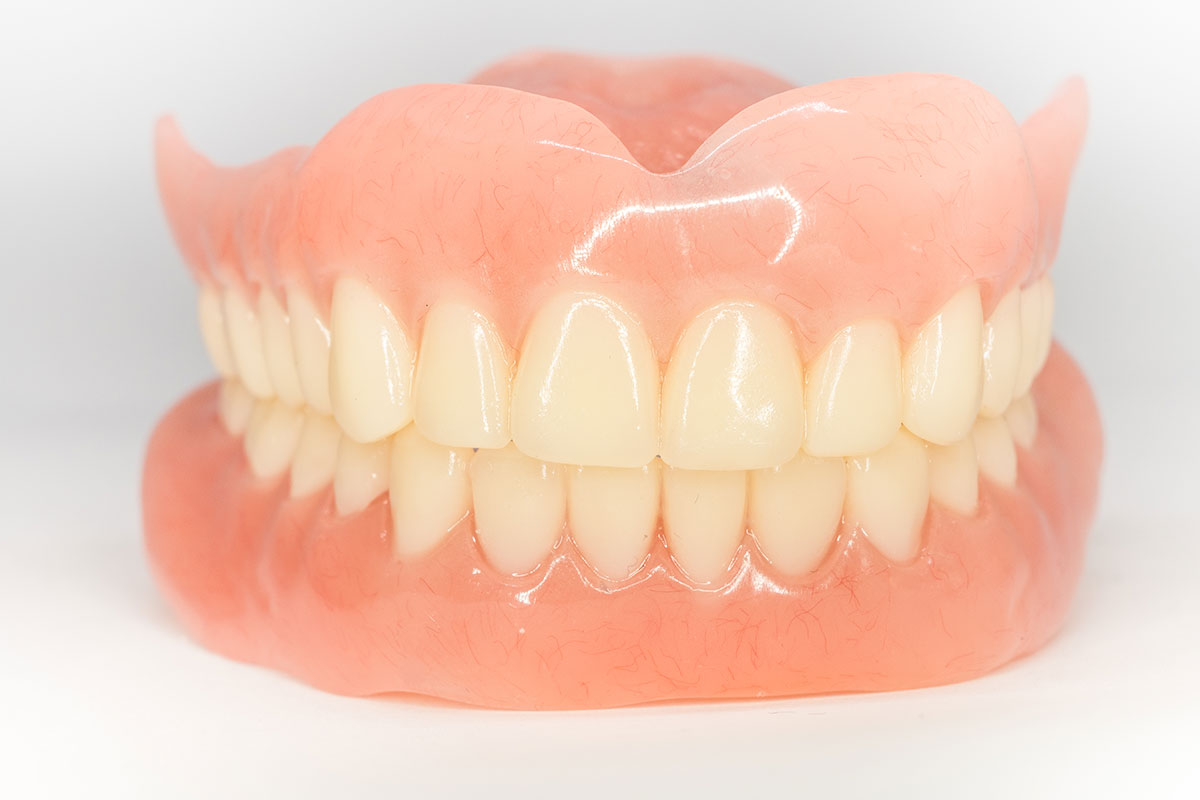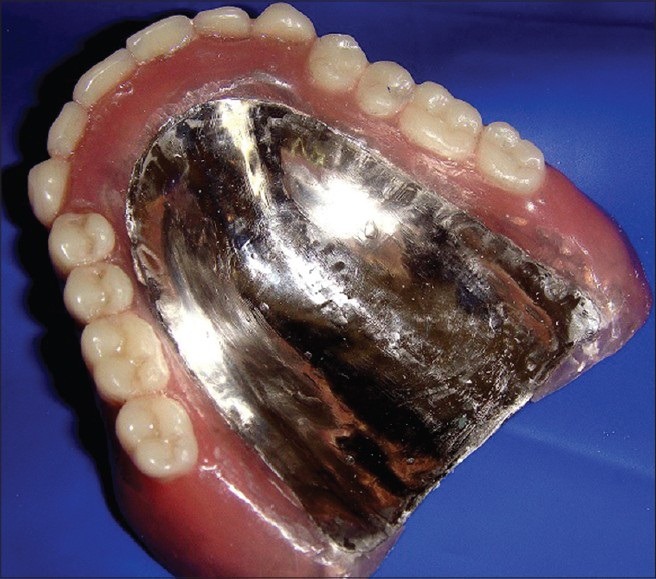Denture
Dentures are removable dental prostheses designed to replace missing teeth and surrounding tissues. They are custom-made to fit an individual’s mouth and can be used to replace either a few missing teeth (partial dentures) or all teeth (complete dentures) in one or both jaws. Dentures are a popular solution for restoring oral function, aesthetics, and supporting facial structures.
Types of Dentures:
- Partial Dentures: Used when some natural teeth remain in the upper or lower jaw. Partial dentures are designed to fill in the gaps left by missing teeth, using a framework or clasps for support.
- Complete Dentures: Used when all natural teeth are missing in either the upper or lower jaw. Complete dentures replace the entire set of teeth and are typically held in place by suction, adhesive, or dental implants.
Materials:
- Acrylic: The base of the denture is usually made of acrylic material, which can be tinted to resemble gum tissue.
- Porcelain or Acrylic Teeth: The artificial teeth on the denture can be made from porcelain or acrylic. Porcelain teeth are more wear-resistant and have a more natural appearance.
Fitting Process:
- For partial dentures, impressions are taken to create a model that ensures a proper fit with the remaining natural teeth.
- For complete dentures, impressions of the entire upper or lower jaw are taken to create a model for the denture.
Adjustment Period:
- It takes some time for the wearer to adapt to the feel and function of dentures. Adjustments may be necessary for comfort and proper fit.
Care and Maintenance:
- Regular cleaning of dentures is essential to prevent plaque buildup, stains, and oral health issues.
- Dentures should be removed at night to allow the gums to rest.
Bone Resorption:
- Over time, the jawbone can undergo changes (bone resorption) due to the absence of natural teeth. This may require adjustments to the dentures or relining for a better fit.
Stability and Retention:
- Denture adhesives may be used to enhance stability, but a well-fitted denture should have sufficient retention without adhesives.
Support for Facial Structures:
- Dentures help support facial muscles and structures, preventing a sunken appearance associated with tooth loss.
Dental Implants with Dentures:
- Implant-supported dentures involve the use of dental implants to anchor the dentures securely in place, providing enhanced stability and function.
Regular Check-ups:
- Individuals with dentures should have regular check-ups with their dentist to ensure the dentures fit properly, address any adjustments needed, and monitor overall oral health.
While dentures are a common and effective solution for tooth replacement, advancements in dental technology have introduced other options, such as dental implants and implant-supported dentures, which offer increased stability and a more natural feel. The choice of the most suitable option depends on individual needs, oral health, and preferences.




